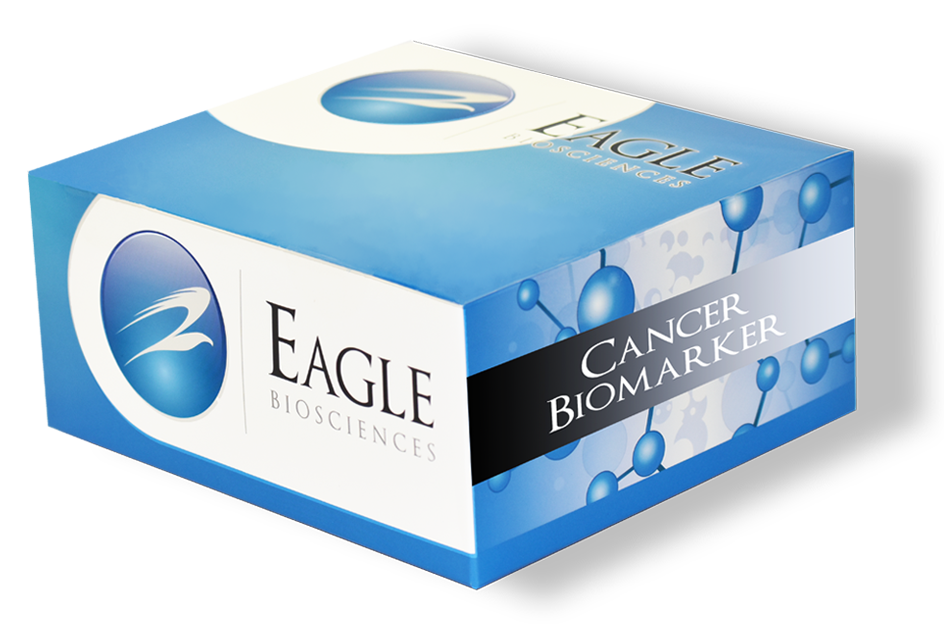Human TNF-Alpha ELISA Assay
The Human TNF-Alpha ELISA Assay is For Research Use Only
Size: 1×96 wells
Sensitivity: 25 pg/mL
Dynamic Range: 25-800 pg/ml
Incubation Time: 2.5 hours
Sample Type: Serum, Plasma, Cell Culture
Sample Size: 100 µl
Alternative Names: TNFSF1A, TNF-α, Tumor Necrosis Factor Alpha
STORAGE INSTRUCTIONS
Store kit reagents between 2-8C. Immediately after use remaining reagents should be returned to cold storage (2-8C). Expiry of the kit and reagents is stated on box front labels. The expiry of the kit components can only be guaranteed if the components are stored properly, and if, in case of repeated use of one component, the reagent is not contaminated by the first handling.
Assay Principle
The Human TNF Alpha (TNF-α) ELISA employs the quantitative sandwich enzyme immunoassay technique. A monoclonal antibody specific for TNF-α has been pre-coated onto a microplate. Standards and samples are pipetted into the wells and any TNF-α present is bound by the immobilized antibody. Following incubation unbound samples are removed during a wash step, and then a detection antibody specific for TNF-α is added to the wells and binds to the combination of capture antibody- TNF-α in sample. Following a wash to remove any unbound combination, and enzyme conjugate is added to the wells. Following incubation and wash steps a substrate is added. A colored product is formed in proportion to the amount of TNF-α present in the sample. The reaction is terminated by addition of acid and absorbance is measured at 450nm. A standard curve is prepared from seven TNF-α standard dilutions and TNF-α sample concentration determined.


